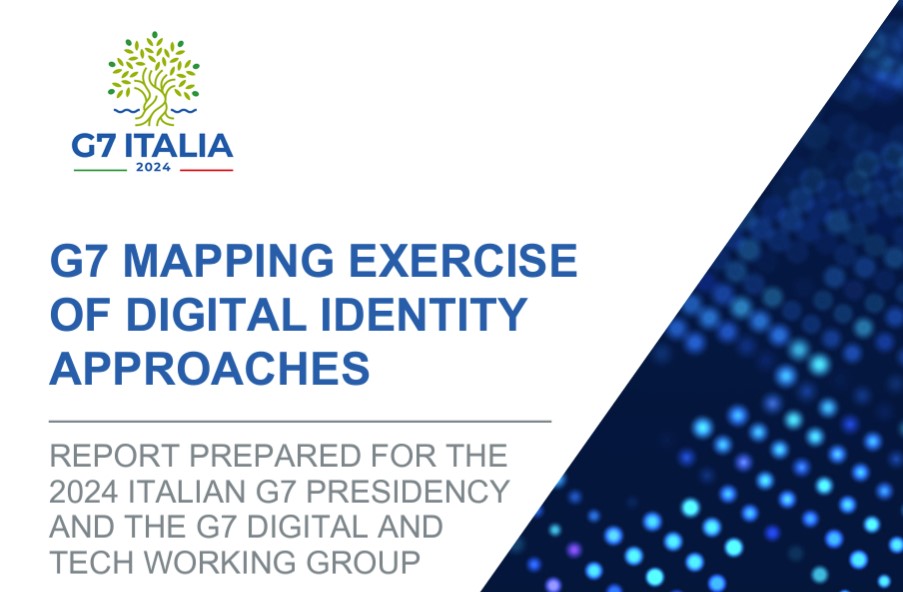
Digital identity plays a crucial role in fostering a secure, inclusive, and efficient digital transformation by enabling individuals and businesses to prove their identity and share verified information through digital means. The rising demand for digital services across the public and private sector, along with concerns about digital exclusion, cybersecurity threats, and the misuse of personal data, underscore the need for well-designed digital identity systems supported by appropriate governance frameworks. While traditional forms of identification and authentication means like physical identity cards, passports, passwords and eID cards remain significant, they alone are insufficient to address the complexities of today’s digital landscape.
As highlighted in the OECD Recommendation on the Governance of Digital Identity, there is a growing recognition of the importance for individuals and businesses to be able to use their digital identities across borders, calling for increased bilateral and multilateral cooperation. This includes comparing digital identity approaches across different countries and regions to inform policy development and support interoperability efforts.
This report was prepared at the request of the 2024 Italian G7 Presidency and G7 members to inform discussions within the G7 Digital and Technology Working Group. The goal of the mapping exercise has been to identify commonalities in digital identity approaches among G7 members that can support work on future interoperability.
The findings from the mapping exercise highlight significant similarities in the G7 approaches to digital identity, forming a solid foundation for further co-operation on crossborder alignment and interoperability. G7 members could prioritise using this mapping exercise as a springboard for discussions during their respective presidencies. A relevant future exercise could also be to discuss the design and adoption of relevant solutions, such as digital wallets.
Source: OECD
